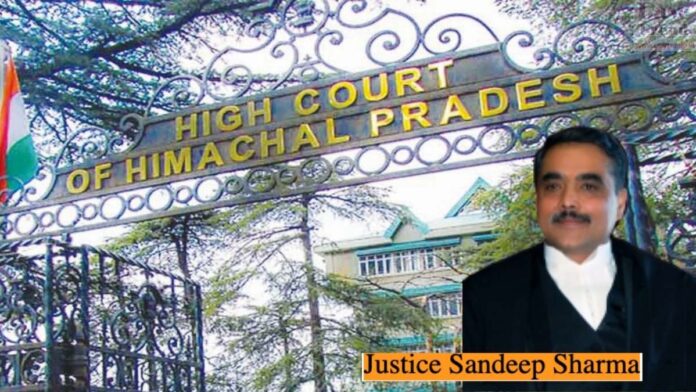In a significant ruling, the Himachal Pradesh High Court has clarified that personal liability under Section 138 of the Negotiable Instruments Act (NI Act) continues to apply even when insolvency proceedings are initiated under the Insolvency and Bankruptcy Code (IBC). Justice Sandeep Sharma delivered the judgment, decisively stating that insolvency proceedings do not absolve an
To Read More Please Subscribe to VIP Membership for Unlimited Access to All the Articles, Download Available Copies of Judgments/Order, Acess to Central/State Bare Acts, Advertisement Free Content, Access to More than 4000 Legal Drafts( Readymade Editable Formats of Suits, Petitions, Writs, Legal Notices, Divorce Petitions, 138 Notices, Bail Applications etc.) in Hindi and English.




